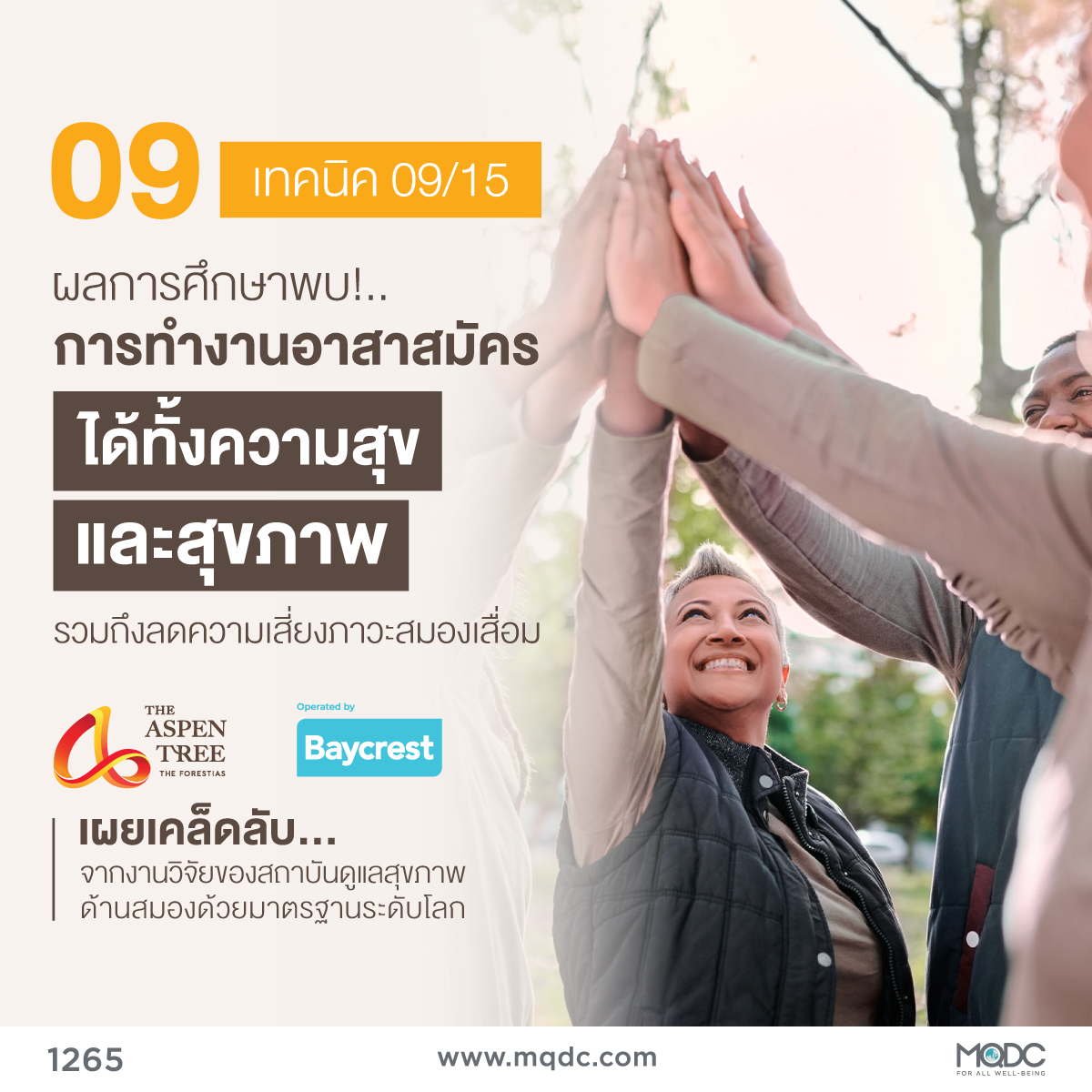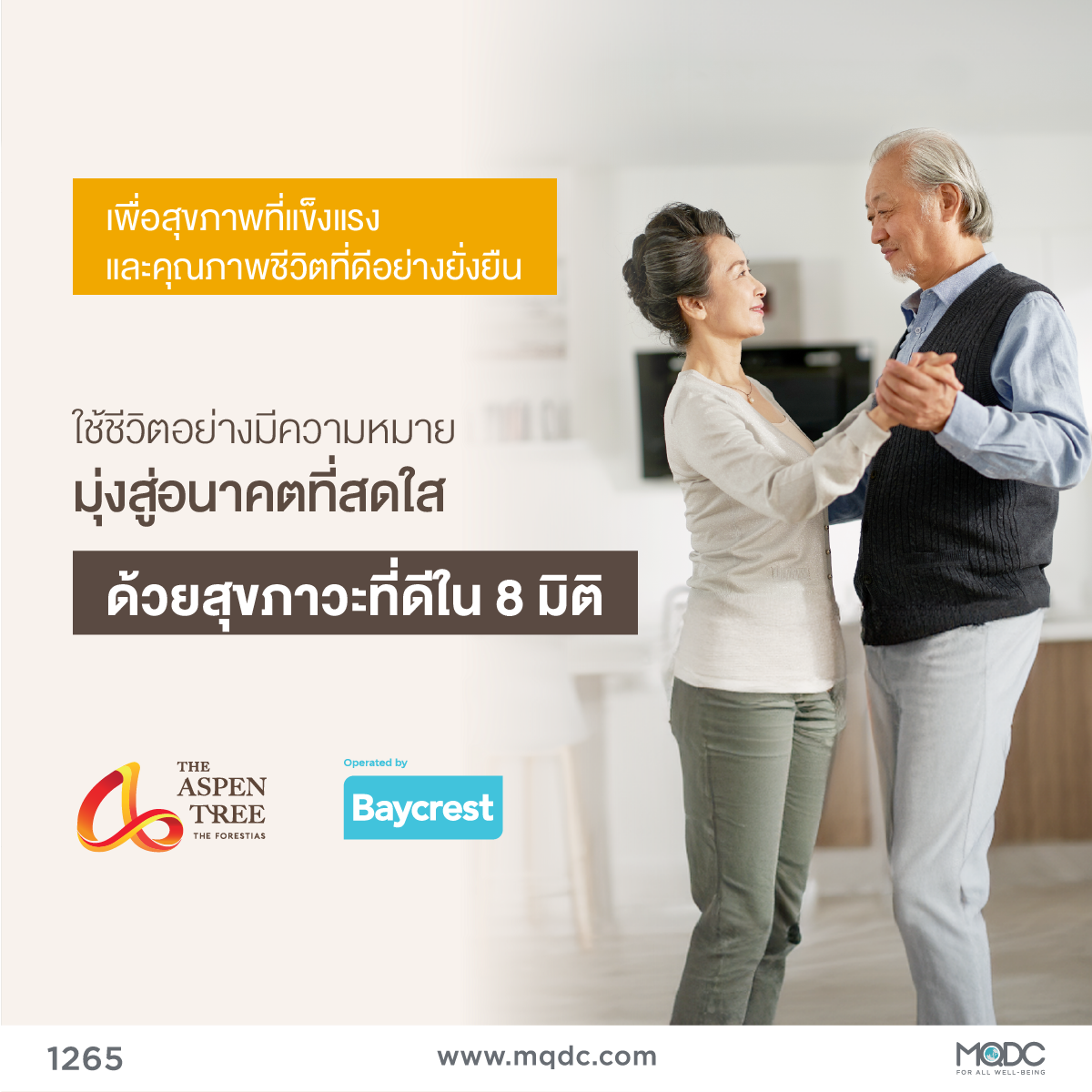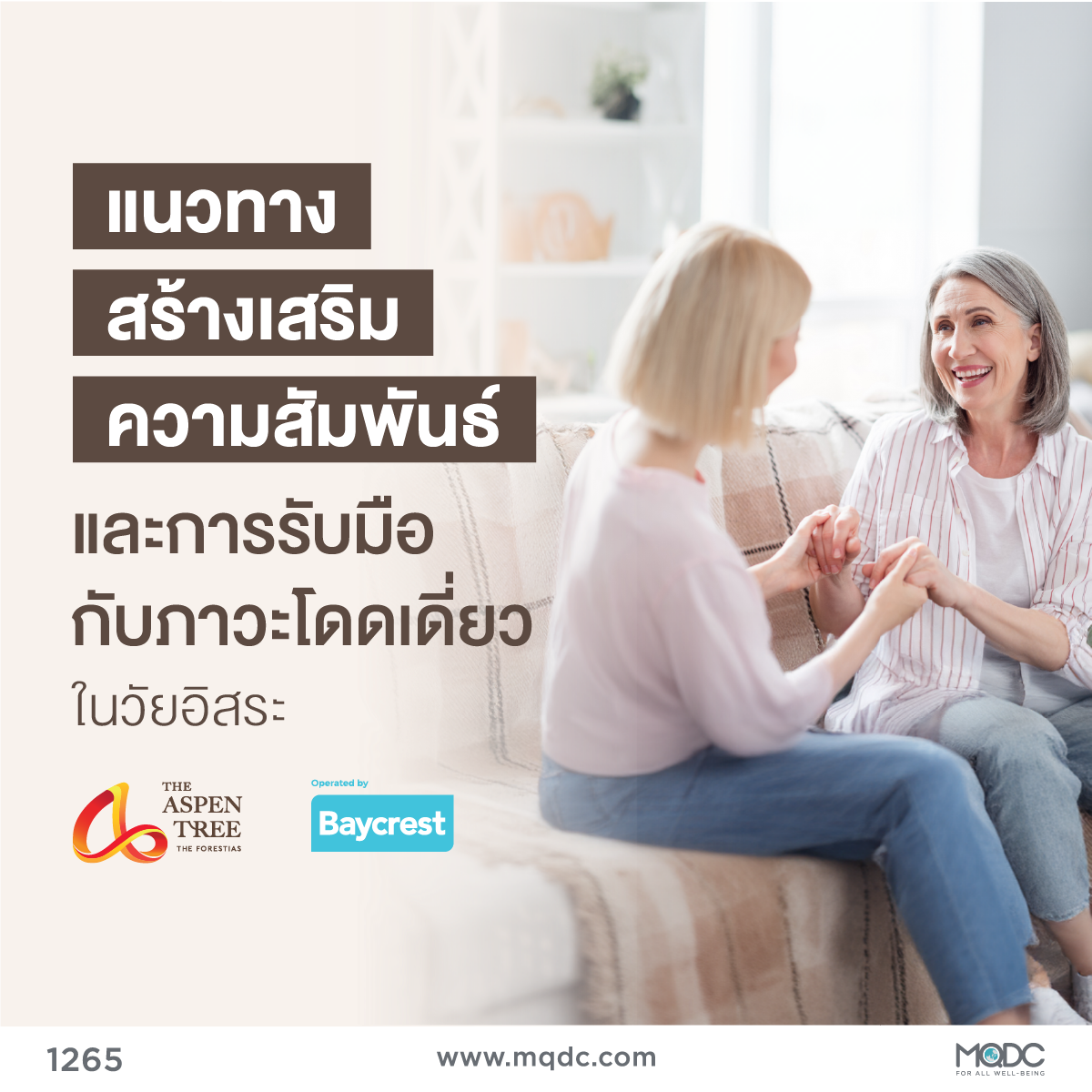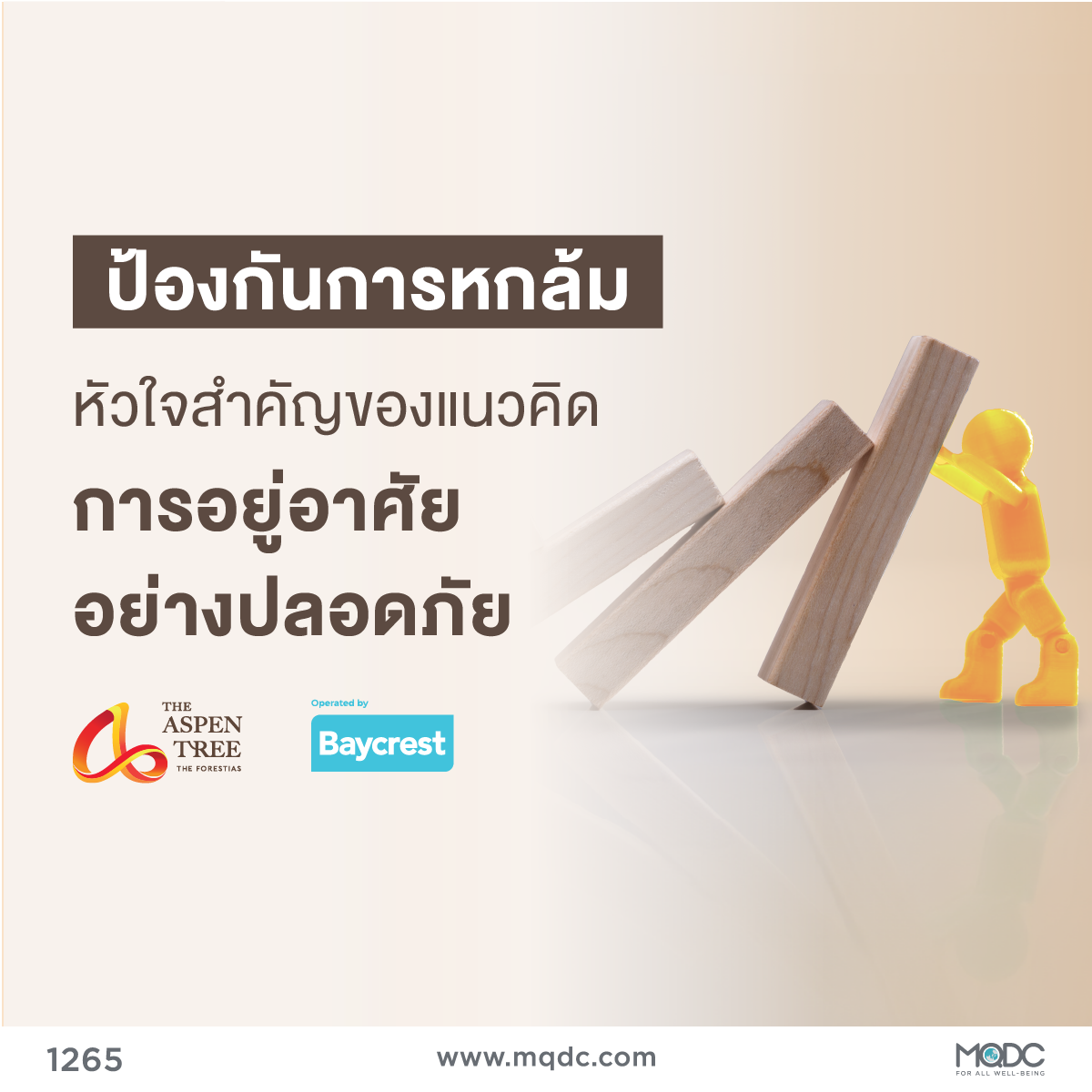Systematic review of 73 published studies yields promising evidence and a call for new research to investigate if volunteering reduces dementia risk
Research into Volunteering and Health
Toronto, Canada – Older adults who stay active by volunteering are getting more out of it than just an altruistic feeling – they are receiving a health boost!
A new study, led by the Rotman Research Institute at Baycrest Health Sciences and published online this week in Psychological Bulletin, is the first to take a broad-brush look at all the available peer-reviewed evidence regarding the psychosocial health benefits of formal volunteering for older adults.
Lead investigator Dr. Nicole Anderson, together with scientists from Canadian and American academic centres, examined 73 studies published over the last 45 years involving adults aged 50-plus who were in formal volunteering roles.
To be included in the review, studies had to measure psychosocial, physical and/or cognitive outcomes associated with formal volunteering – such as happiness, physical health, depression, cognitive functioning, feelings of social support and life satisfaction.
“Our goal was to obtain a more comprehensive view of the current state of knowledge on the benefits of volunteering among older adults,” said Dr. Anderson, a senior scientist with Baycrest’s Rotman Research Institute and associate professor, University of Toronto. “We discovered a number of trends in the results that paint a compelling picture of volunteering as an important lifestyle component for maintaining health and wellbeing in later years.”
The Studies Found…
Among the key findings:
- Volunteering is associated with reductions in symptoms of depression, better overall health, fewer functional limitations, and greater longevity.
- Health benefits may depend on a moderate level of volunteering. There appears to be a tipping point after which greater benefits no longer accrue. The “sweet spot” appears to be at about 100 annual hours, or 2-3 hours per week.
- More vulnerable seniors (i.e. those with chronic health conditions) may benefit the most from volunteering.
- Feeling appreciated or needed as a volunteer appears to amplify the relationship between volunteering and psychosocial wellbeing.
“Taken together, these results suggest that volunteering is associated with health improvements and increased physical activity – changes that one would expect to offer protection against a variety of health conditions,” said Dr. Anderson. Indeed, a moderate amount of volunteering has been shown to be related to less hypertension and fewer hip fractures among seniors who volunteer compared to their matched non-volunteering peers.
One troubling finding for the research team was that “very few studies” have examined the benefits of volunteering on cognitive functioning in older adults. The report noted that “not a single study” has examined the association between volunteering and risk of dementia, or the association between volunteering and a host of other health conditions that put seniors at higher risk for dementia, such as diabetes and stroke.
With dementia prevalence projected to double over 20 years, from over 30 million people worldwide today to more than 65 million people in 2030 (Alzheimer’s Disease International and World Health Organization, 2012), Dr. Anderson called it a “startling omission” that the field of neuroscience research has yet to investigate the capacity of volunteering to mitigate dementia risk or delay onset.
Conclusions and Future Studies
“We encourage investigators to include more objective measures of cognitive functioning in future studies. Particularly interesting would be the inclusion of a more comprehensive battery of neuropsychological tests, so that the association of volunteering with the risks of various forms of dementia and its precursor, mild cognitive impairment, could be ascertained,” the report concluded.
Academic and medical centres collaborating on the systematic review with Baycrest /University of Toronto included the Centre d’excellence sur le Vieillissement de Québec, Centre de recherche du CHU de Québec and Laval University; Providence VA Medical Centre; University of California (San Francisco); University of Windsor; and York University. The study was funded by the Canadian Institutes of Health Research.
Dr. Anderson and her international research team, along with 33 older adult volunteers, comprise the “BRAVO” team (Baycrest Research About Volunteering in Older Adults). BRAVO has a second study in preparation for publication in the next few years that examines the psychosocial, physical and cognitive benefits associated with post-retirement volunteering. The team has been studying a group of adult volunteers, aged 50-plus, at Baycrest over the past five years.
Summary
Volunteering as an older adult isn’t just great as a social activity. A study led by the Baycrest Institute found that volunteering also boosts health, both physically and mentally. Volunteers reduce their risk of falls and hip fractures. They get a cognitive and mental boost too, reducing depression, protecting their memory. In psychosocial aspects, they suffer less isolation and reduce their risk of dementia. Baycrest has ongoing research to study the beneficial effects of volunteer work on brain health.
Have a Healthy Body, Mind, and Brain at 50+ at The Aspen Tree in The Forestias Operated by Baycrest with Lifetime Care
Advanced medical technology helps us live longer but the most precious gift as we get older is good health to live an independent, meaningful life, free from worry. The Aspen Tree at The Forestias cares about preventing dementia. We prepare nutritious breakfasts for older adults and offer a variety of exercises to boost your brain health and everyday quality of life.
This concept inspires The Aspen Tree at The Forestias, designed and developed with research leaders and Canada’s world-leading Baycrest Crest to meet every need of older adults. You can live in a multigeneration community in The Forestias with comprehensive health and care (Holistic Lifetime Care). Full facilities and the Health & Wellness program enhance your lifestyle with activities such as yoga, swimming, singing, playing music, meditation, outdoor activities, hydrotherapy, and much more to keep your body, mind, and brain in great shape.
The Aspen Tree at The Forestias also has a Health & Brain Center to safeguard your health and wellness. The center’s experts can delay the onset of dementia and provide care to overcome brain and memory problems. A team of healthcare specialists is on hand 24 hours a day to keep you safe and well in every aspect.
Live free from cares in the free time of live... Let’s find the perfect life together.
Find out more CLICK https://mqdc.com/aspentree
Call 1265
LINE OA: @TheAspenTree or CLICK https://mqdc.link/3Emhkde
Source:









